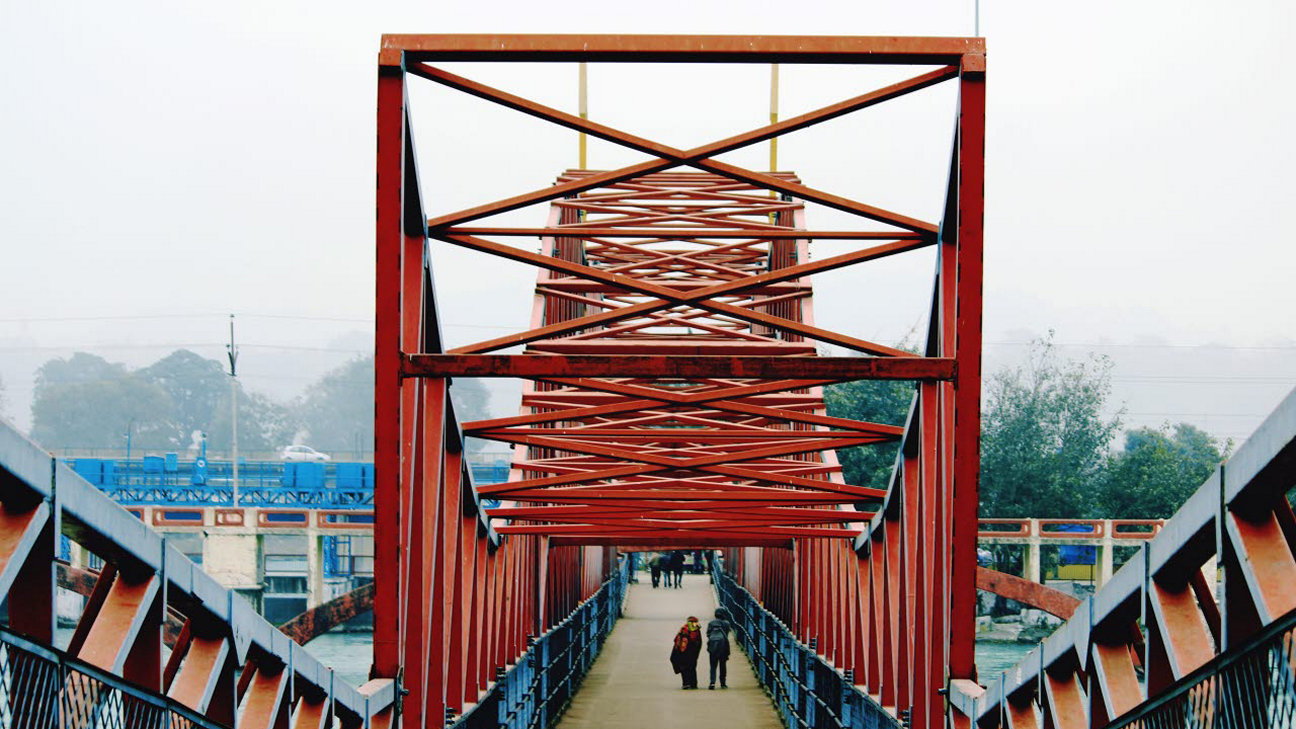On 12 April 2025, 08:00 BST, we will be disabling logins for specific member-facing platforms to improve internal processes. We expect this to finish 12 April 2025 at 17:00 BST.
With the built environment responsible for around 40% of the global carbon emissions, it is crucial that sustainable practices are adopted to achieve net-zero ambitions. RICS is one of 49 globally prominent organisations that have developed ICMS 3 – a world first for cost and carbon management in construction, from concept to completion and beyond.
Fostering confident markets and driving positive social impact for 150 years, RICS is now pioneering sustainable practices that assist the construction industry to manage and mitigate climate-related risk.

ICMS
Download ICMS 3
Published date: 01 June 2022
Published date: 14 December 2021
Alan Muse, Head of Construction Standards at RICS and ICMS lead:
““This update to ICMS and subsequent RICS standards, which our professionals follow when completing any construction project, will see the construction sector making a large and measurable impact when it comes to leading from the front and combatting climate change"”
““These new standards provide a professional toolkit to measure and consistently report on carbon and influence the most basic design and construction decisions If cement were a country it would be the third largest emitter of carbon in the world and so action to de-carbonise construction is required now”.”

Alan Muse
About the standard
ICMS 3 will contribute positively to efforts to decarbonise the construction sector in the most cost-effective way. Through ICMS 3, professionals will, for the first time, be empowered to deliver a globally consistent method for carbon life cycle reporting across construction projects, from buildings and bridges to ports and offshore structures.
Globally agreed by 49 prominent professional bodies part of the ICMS Coalition, RICS has collaborated to develop and raise the standard of construction carbon and cost management to the public advantage. The solution will support sustainable investment strategies by bringing much needed transparency and cross-border comparability of embodied and operational carbon across the life cycle of construction projects.
View the global coalition of 49 organisations


